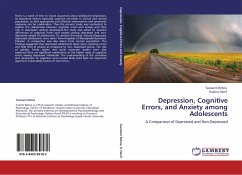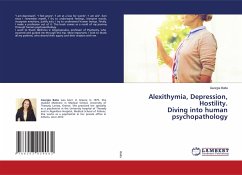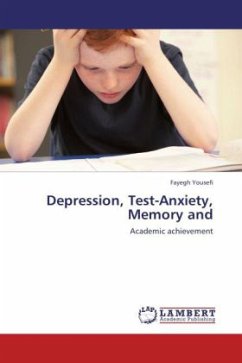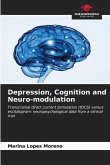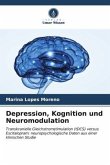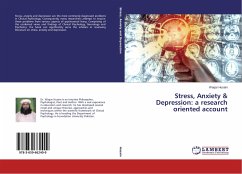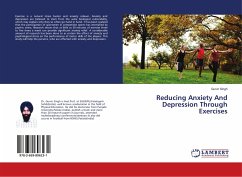There is a need of time to create awareness about adolescent depression, its associated factors especially cognitive correlates in clinical and normal population, so that appropriate and effective interventions and preventive measures can be undertaken. Thus the present study was conducted to explore the relationship between cognitive errors and anxiety and their role in depression among adolescents.The study also aimed to examine differences of cognitive errors and anxiety among depressed and non-depressed sample of adolescents. To conduct this study, clinicaly diagnosed depressed adolescents were taken from Hospitals of Rawalpindi/Islamabad, Pakistan. A comparitive was also taken from normal population. The findings suggested that depressed adolescents show more cognitive errors and high level of anxiety as compared to non- depressed group. The role of gender, family system and social economic system were also explored.There are significant implications of the higher rates of cognitive errors among depressed individuals. The understanding of the correlates and mechanism of cognitive errors would likely shed light on important aspects of vulnerability factors of recurrence.
Bitte wählen Sie Ihr Anliegen aus.
Rechnungen
Retourenschein anfordern
Bestellstatus
Storno

